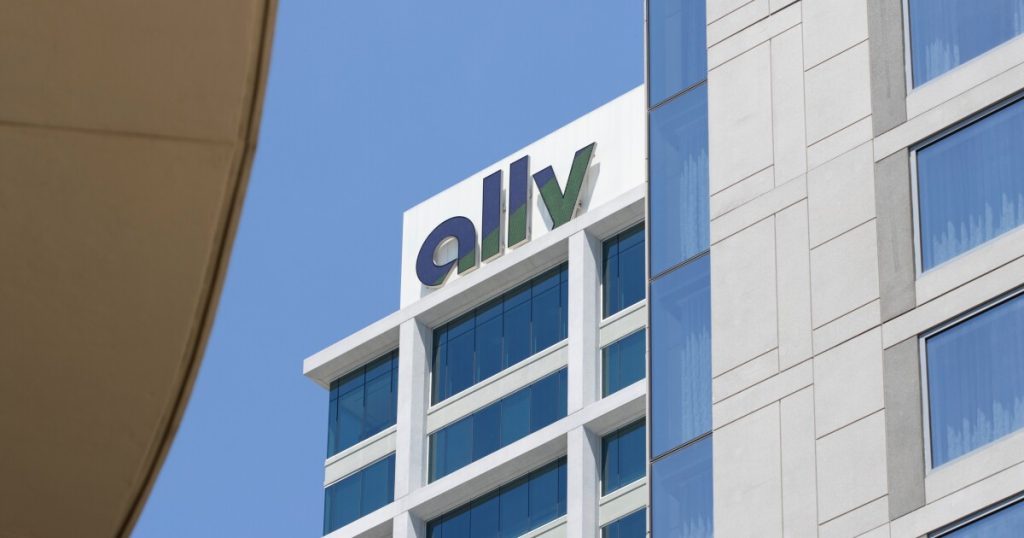Auto lender Ally Financial said Wednesday that it’s officially ending its foray into credit cards under a broader restructuring, even as credit issues in its flagship auto loan business showed signs of waning.
CEO Michael Rhodes, who joined the company in April last year, said borrowers are having less trouble repaying their auto loans than they did previously. Pre-market trading showed the company’s stock surged 6% as investors gained confidence that Ally had wrapped its hands around its auto-loan portfolio.
“As we enter 2025, I am encouraged by strong momentum across our business,” Rhodes said in a news release, flagging an “improved outlook on credit.”
Rhodes nonetheless continued his promised streamlining of the company, which has long offered mortgages and more recently expanded into credit cards. This month, Ally said it would halt any new mortgage loans and noted it was considering strategic alternatives for its credit card business, which it
Ally has agreed to sell that business to the fintech firm Cardworks, which also owns the $3 billion-asset Merrick Bank.
“Ally’s decision to sell its credit card business is part of our broader strategy to pursue a more focused approach, enabling us to simplify and streamline our structure, prioritize our core businesses, and drive improved returns,” Rhodes said in the sale announcement.
The deal is expected to close this year. The buyer is the same company that Ally attempted to acquire in 2020 in an earlier attempt to expand to credit cards, a deal
The company took a $118 million goodwill impairment charge as a result of the sale, dampening its fourth-quarter earnings. The company recorded $108 million in net income during the quarter, up 74% from $62 million in the same quarter last year.
Per-share earnings were 26 cents, up from 11 cents a year ago. Analysts polled by S&P had expected 55 cents a share, on par with Ally’s third-quarter earnings.
The company also recorded $22 million in costs tied to its recent restructuring. The company said this month it was laying off less than 5% of its staff as it halted its mortgage lending and evaluated a credit card sale.
Investors’ biggest source of concern has been Ally’s bread-and-butter auto loan business, where losses have been larger than expected as borrowers struggled to keep up with their car payments.
Losses ticked up slightly again in the fourth quarter, with net charge-offs on its retail auto loans increasing to an annualized rate of 2.34%, from 2.21% a year earlier. But loan delinquencies showed encouraging trends, indicating fewer borrowers are suddenly finding themselves late on their payments.
In their outlook for 2025, Ally executives said they expected that figure to be between 2% and 2.25% this year.
Late payments of 30 days or more ticked down to 4.39% of loans in the quarter, compared with 4.42% in the same quarter a year earlier. Delinquencies of 60 or more days also fell by a similar amount.
A presentation to investors also signaled the company should see lower losses over time as loans it made in 2022 and 2023 roll off its balance sheet.
The older loans have driven Ally’s credit problems, as the company made them when used auto prices were near record highs and inflated borrowers’ car payments. Ally executives have also routinely tightened their underwriting criteria over time.
The quality of the more recent loans has held up much better, Ally indicated in its presentation. The company has seen a 1.72% delinquency rate on loans it booked this year, compared with 2.23% for the same time period in 2023 and 2.45% for 2022 loans.

